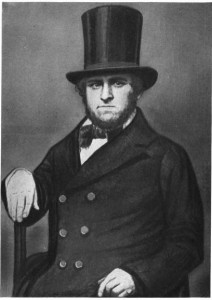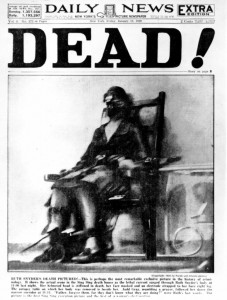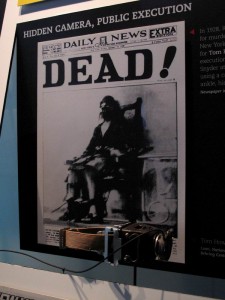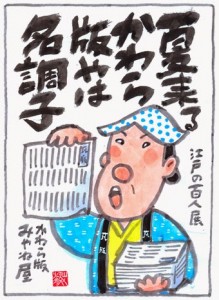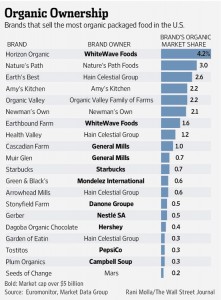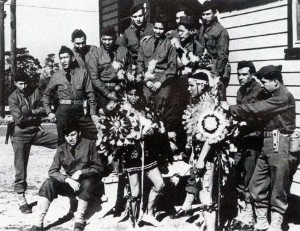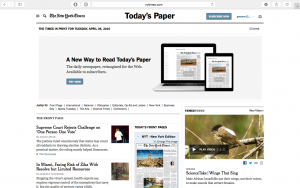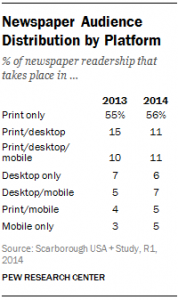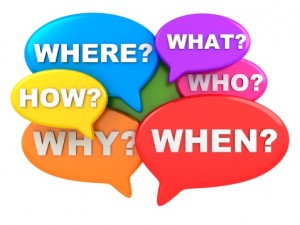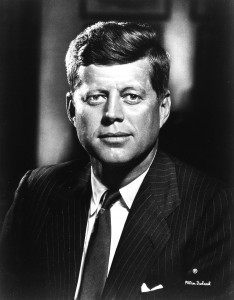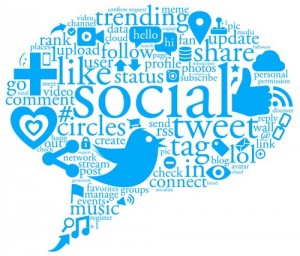In Peggy McIntosh’s article ‘White Privilege: Unpacking the Invisible Knapsack’ she uses a listicle to describe 50 ways she is privileged. From being able to talk with her mouth full (#17), nice neighbors (#4), and even being late ( #39) she matter-a-factly addresses the way she, as white woman, is privileged. She didn’t write her piece for me, but for people who look like her.
McIntosh is a rarity; it’s refreshing.
When you tell a person they are privileged, the assume you’re talking about money. You hear the ‘ I worked for what I have’ and ‘I didn’t go to an Ivy’ argument a lot when you bring up privilege. The misconception is that privilege equates money, not that privilege is linked to a system, our system. That in itself, is privilege. Interestingly enough, this excerpt was written in the 90s. 16 years into the 2000s you would think we would have progressed and society would have gone through some type of ‘enlightenment’, realizing it’s systematically oppressive ways.
Nope.
Think again.
The article works because she is pointing out daily situations that a privileged person takes for granted. Simply, but succinctly she breaks it down. The examples are simple, but the understanding where privilege comes from and how it manifests is more difficult.
———
A few days ago, Wendy Bell, a former anchor at Pittsburgh’s WTAE-TV started trending. It wasn’t because she broke a news story, or made it into a Buzzfeed ‘best TV bloopers’, but because she was fired. She broke one of the cardinal rules of journalism —stick to the facts. Not only did she ignore a basic industry standard, she extrapolated on a situation to give her *personal* take on a tragic situation.
Often times, broadcast journalists forget that they are public figures. And as a public figure, anything and everything you say is scrutinized. With that being said, being a public figure isn’t an excuse for ignorance. What got her in trouble is a now deleted Facebook post. Surely, she was well-meaning and she’s not a ‘bad person’ but her rhetoric is exactly what McIntosh was inadvertently addressing in her piece.
Bell was referring to a shooting that left five people and an unborn child dead at a backyard cookout. An unknown shooter was still on the run when Bell posted this:
“You needn’t be a criminal profiler to draw a mental sketch of the killers who broke so many hearts two weeks ago Wednesday. … They are young black men, likely in their teens or in their early 20s. They have multiple siblings from multiple fathers and their mothers work multiple jobs. These boys have been in the system before. They’ve grown up there. They know the police. They’ve been arrested.”
Problematic is putting it nicely.
She ended her Facebook post by juxtaposing the above with a story of a “young, African American teen hustling like nobody’s business” referring to him as hope and ending with an encouraging ‘He’s going to Make it.’
She later redacted the post, until eventually taking it down and issuing an apology.
It read in part: ‘I now understand that some of the words I chose were insensitive and could be viewed as racist. I regret offending anyone. I’m truly sorry.”
Here in part lies the problem, Bell and people like her don’t understand what racism or systematic oppression is. They don’t understand #30 on McIntoshs list ( If I declare there is a racial issue at hand, or there isn’t a racial issue at hand, my race will lend me more credibility for either position than a person of color will have.) and they don’t understand that even being able to discuss ‘race issues’ and not have repercussions is a privilege.
Bell inserted her opinion as the facts, she assumed that the gunman was black. She perpetuated every black stereotype by asserting that they have siblings from multiple fathers and their mother’s work multiple jobs.
Bell ignores her privilege, the privilege of only having to have one job.
Damon Young, in his article for ‘The Root’ and Wendy Bell’s firing, talks about the obliviousness that white people have towards their privilege. The same unawareness that lead McIntosh to write 50 ways that people experience privilege and largely are unaware of it.
What caught us both was the amount of people who thought Bell did nothing wrong. That was she said was right and honest and in no way constituted even a slight reprimand.
‘They don’t want to admit that this privilege is so ingrained in America’s zeitgeist, so specifically American, that challenging it feels insulting—threatening, even—to them. They don’t realize that the incredulousness felt when forced to acknowledge the presence of privilege is actually proof of its existence.’
This brings me back to the quote at the top of McIntosh’s article. It reads —
“I was taught to see racism only in individual acts of meanness, not in invisible systems conferring dominance on my group”
Similarly, Bell sympathizers argue that because her ignorance wasn’t intentional, the ‘racism card’ becomes invalid. Because she wasn’t being ‘mean’ her hands are clean, she is able to be #30 with her whiteness as her credibility.


